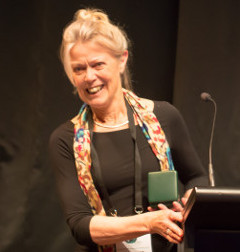The lab has been successful in gaining a slice of the joint-funded HRC/A*STAR cancer research initiative to promote collaboration between investigators in New Zealand and Singapore. The following is a summary of the funding published in the HRC and Otago press release.
YB-1 interacting partners in breast cancer progression
Principal Investigators: Professor Antony Braithwaite (Department of Pathology, University of Otago) and Professor Boon Huat Bay (National University of Singapore).
Project summary:Y-box binding protein 1 (YB-1) is commonly elevated in many human cancers. The cancer-promoting properties of YB-1 are associated with increased resistance to drugs, tumour growth and poor patient outcome. Control of these processes takes place in the nucleus. The precise molecular nature of the active cancer-promoting subtype of YB-1 present in the nucleus is unknown. Identification of this species will provide the basis for a specific and highly prognostic indicator. This proposal, which builds on our recently published analyses of endogenous YB-1, aims to identify the molecular nature of this cancer-promoting subtype of YB-1 and to determine how it functions. From this knowledge we will develop an antibody that specifically recognises only the nuclear YB-1 species and establish this species as a prognostic indicator for human cancers.


